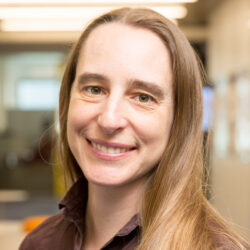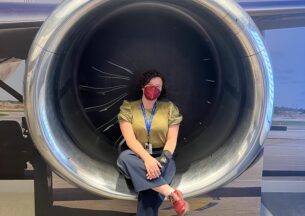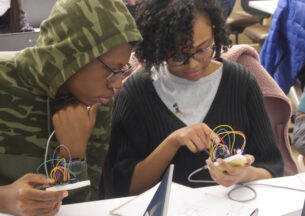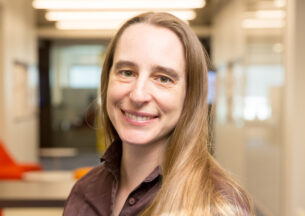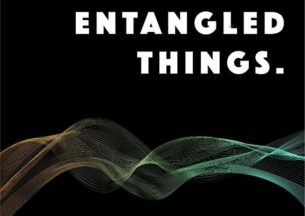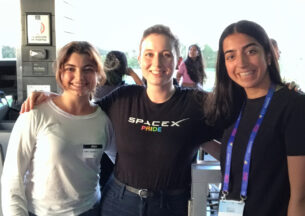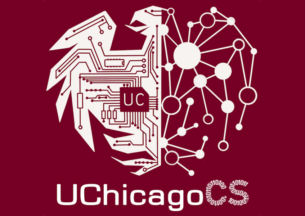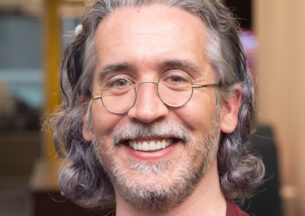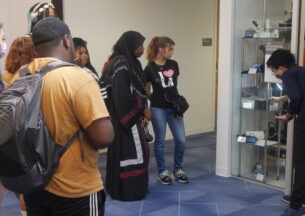Diana Franklin (UChicago) - Understanding CT Learning in Formal Learning Environments
Understanding CT Learning in Formal Learning Environments to Preserve the Engagement and Agency of Informal Learning Environments
Computer science education has a rich history in informal learning environments, building tools and curricula with a constructionist pedagogical approach that allows children agency in developing their computational thinking (CT) skills towards their own creative goals. The CS for All movement, intended to give all students the opportunity to develop those skills, provides a new challenge to such efforts. Equity can only be achieved through formal education, yet the approach in formal education is often very different from constructionism. How do we retain crucial elements of these informal learning environments and curricula while adjusting to the constraints of the formal school day, such as limited instruction time, high student to teacher ratios, specific CT learning goals, and students with learning differences? And what foundational research needs to occur in order to do it well?
In this talk, I present my group’s work to better understand CT instruction in formal learning environments so we can provide instructional scaffolding that balances the open-ended, studentdriven projects emblematic of the constructionist movement with scaffolded, targeted instruction to help a wide variety of students achieve the learning objectives.
Host: Mike Franklin
Diana Franklin
Diana Franklin is a Research Associate Professor in Computer Science and Director of Computer Science Education at UChicago STEM Education. She leads the CANON (Computing for ANyONe) research labs, currently consisting of four projects involving computer science education involving students ranging from preK through university. She is the lead PI for quantum computing education for EPiQC, an NSF expedition in computing. Her research agenda explores how to create curriculum and computing environments in ways that reach broad audiences.


